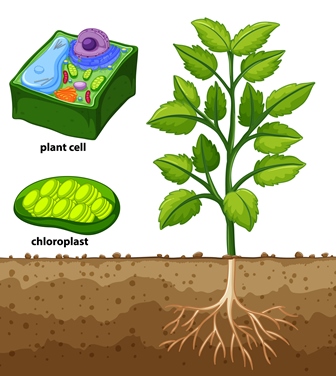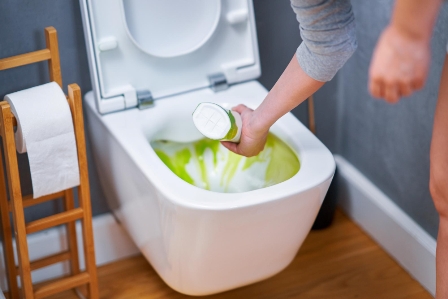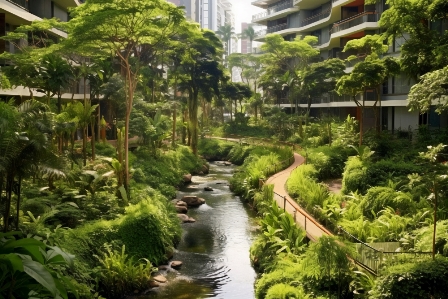Planting a garden is more than just a leisurely activity; it’s a science. One of the essential factors in the equation is soil. Understanding your soil type can make or break your gardening experience.
Importance of Understanding Soil for Plant Growth
So, why is soil so important? Simply put, the soil is the lifeline for your plants. It provides the necessary nutrients and water that plants need to grow. Hence, understanding your soil type is critical for successful gardening.
Scope of the Article
In this article, we will delve into the various types of soil, the science behind them, and how different soils affect plant growth. Stick around to learn how to make your garden flourish.
The Science Behind Soil
What is Soil?
Soil is a living, breathing ecosystem. It’s more than just dirt; it’s a complex blend of organic matter, minerals, water, and air.
Soil Components
Breaking it down, soil has four main components.
Organic Matter
This includes decomposed leaves, plant roots, and microorganisms. Organic matter improves water retention and nutrient availability.
Minerals
These come from weathered rocks and include elements like calcium, potassium, and phosphorus.
Water and Air
Water and air fill the gaps between organic matter and minerals, providing essential elements for plant growth.
Types of Soil
Sandy Soil
It drains quickly but doesn’t hold nutrients well. Great for root veggies like carrots but not ideal for plants that need constant moisture.
Clay Soil
Holds water well but drains poorly. It’s nutrient-rich but may suffocate plant roots if not managed carefully.
Silt Soil
This is a smooth and well-drained soil but can become easily compacted. Great for most plants if drainage is managed.
Loamy Soil
Consider this the Goldilocks of soils — not too sandy, not too clayey. It’s the ideal choice for most plants.
Peaty Soil
Rich in organic matter but low in nutrients. It retains water well, making it ideal for acid-loving plants like blueberries.
Chalky Soil
This soil has good drainage but will need some amendments to balance its alkaline nature.
How Different Soils Affect Plant Growth
Nutrient Availability
Some soils are rich in certain nutrients, making them more suitable for specific plants. Knowing your soil can help you pick the right plants or amend the soil to suit your existing plants.
Water Retention
Different soils have varying capacities to hold water. For instance, sandy soil drains quickly, while clay soil retains water for longer periods.
Drainage
Good drainage is essential for healthy plant growth. Sandy and chalky soils have excellent drainage, while clay and silt soils can benefit from added organic matter to improve drainage.
Soil
The acidity or alkalinity of the soil can significantly impact plant growth. Most plants prefer neutral to slightly acidic soils, but some plants, like blueberries, prefer more acidic conditions.
Customizing Soil for Specific Plants
Fertilizers
You can add fertilizers to improve nutrient levels. But be cautious; too much can harm your plants.
Soil Conditioners
Adding conditioners like compost can improve soil structure, nutrient content, and water retention.
Testing Soil
Regularly testing your soil can provide valuable information on its pH and nutrient levels, helping you make informed choices.
FAQs
Yes, you can amend your soil with various conditioners and fertilizers.
Once a year is generally sufficient.
It is often considered ideal, but specific plants may require different soil types.
It affects nutrient availability and microbial activity, which in turn affects plant health.
It’s best to use specialized potting mixes for indoor plants, as outdoor soil can bring in pests and diseases.
Conclusion
Understanding your soil type is crucial for a thriving garden. The perfect soil balances organic matter, minerals, water, and air Armed with this knowledge, you can either select plants that are well-suited to your existing soil or take steps to amend your soil for your desired plants.











Find Us on Socials